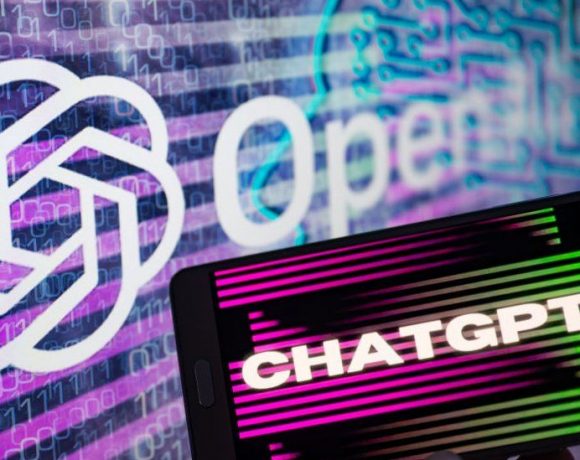
Russia’s lower house of parliament has passed a law that bans gender reassignment surgery and prevents individuals from changing their genders on state documents. The bill, which also needs approval from the upper house and President Vladimir Putin, was justified by the Speaker of the Duma, Vyacheslav Volodin, as a means to protect citizens and children and preserve traditional values.
The legislation includes additional amendments such as prohibiting individuals who have undergone gender changes from adopting children and annulling marriages where one party has undergone gender reassignment. LGBT rights groups have criticized the law, stating that it will negatively impact the health and rights of transgender individuals.
Critics view the law as an infringement on basic human rights and an attempt to further discriminate against an already marginalized group. This law follows previous legislation passed last year that banned the public expression of LGBT culture and propaganda of non-traditional sexual relations. President Putin has expressed opposition to LGBT lifestyles, aligning with the Orthodox Church’s conservative social views.
Additionally, a transgender rights activist was recently arrested on charges of treason for supporting Ukraine, further raising concerns about human rights in the country.
Picture Courtesy: Google/images are subject to copyright


